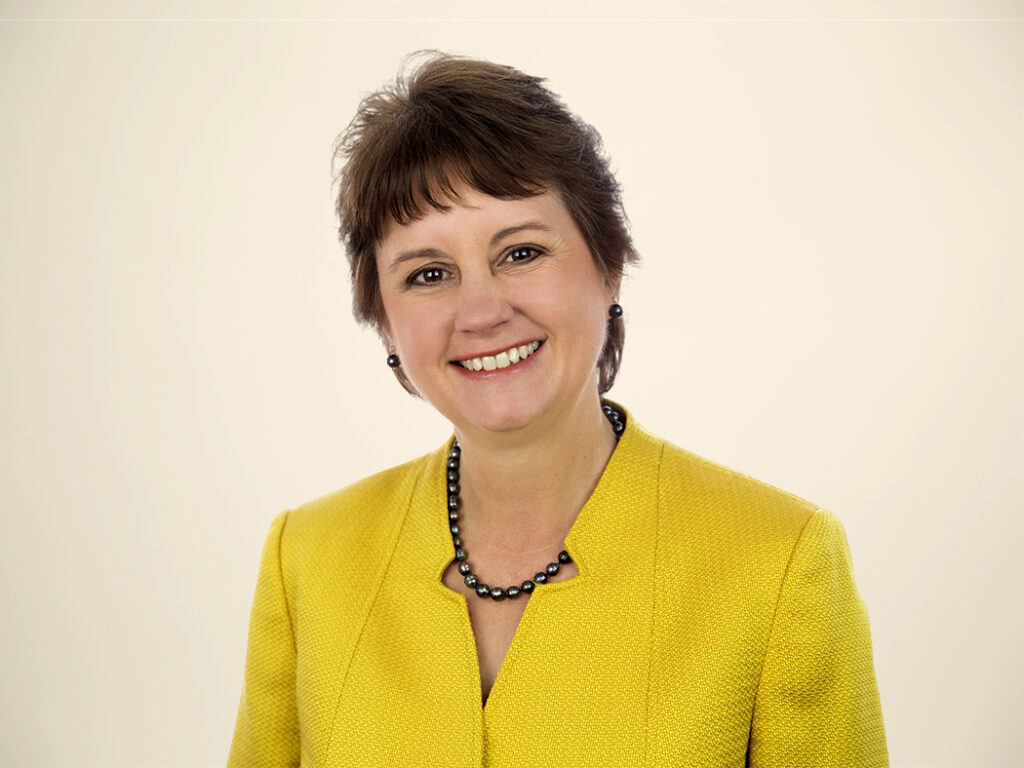Build An Effective Customer Advocacy Program By Knowing The Four Advocate Types
Goodwill Industries has a philosophy of giving a hand up, not a handout. What’s implied is that to get something, you should first give. B2B marketers can learn from this credo, particularly when it comes to customer marketing. Too often, we approach customers wanting something — such as a positive reference or a testimonial — without being prepared to give value to elicit reciprocity.
Shifting this imbalance is critical. The benefits of building highly engaged and reciprocal customer relationships are compelling: Our research shows that 79% of marketers who have turned their customers into advocates see increases in upsell, cross-sell, and enrichment. And a whopping 92% of these marketers say that engaging post-sale increases marketing’s credibility with customers.[i]
Yet it’s important to recognize that not all customer advocates will want the same things. That’s because customers obtain and receive value in different ways — which in turn means that they will be naturally inclined to participate in different ways. Our research has identified four types of customer advocates based on what they value. Marketers who understand these personalities ask customers to participate in ways that they prefer and value. Here’s a summary:
- Educators. These customers love to share their experiences and swap best practices. Marketers might tap these customers to share helpful tips, which marketers can then use to create educational content. For example, retail operations platform Brightpearl collected customer tips and created this infographic, which the company and customers shared through social media. The graphic features customer and organization names with each tip, providing exposure.
- Validators. These customers like giving feedback and offering suggestions about new features or capabilities. They value being part of your customer advisory and receiving insider treatment, such as getting an exclusive sneak preview of new products. Offer these customers ways to communicate with others to show how they benefit from choosing your solution. In exchange for exclusive access to new offerings, for instance, they may be willing to write reviews or be featured in case studies.
- Status seekers. This group is ambitious and influential — they want to grow their personal as well as their company’s brand. Marketers can engage these customers by giving them the spotlight. Software provider Autodesk’s Expert Elite program, for instance, encourages a select group of customers to lead forums, provide peer-to-peer coaching, and even give courses to other customers in exchange for discounts, access to special events, and other perks.
- Collaborators. This advocate group is typically the fewest in number. Executives tend to over-index on this personality. These customers appreciate opportunities to test strategies and explore new ideas. They will also invest in your success using their clout and resources. Inviting your most trusted collaborators to give feedback on future directions or potential investments can be invaluable.
Maximizing the impact of your customer advocacy efforts requires starting with your marketing goals. Next, determine which personality type can be most helpful to engage to achieve that aim. (It can be helpful to tag your customer database by personality, for example, based on how they interact with sellers, service, and success managers. A simple checklist or weighted ratings of customer preferences can make this easier to do.) You can then decide what value you will give these customers to entice them to act or contribute.
No matter your objective or approach, be sure to focus on the benefits your customers will receive from participating. In other words, deliver value first — and trust that customer references, referrals, case studies, and other benefits will follow. Grounding your actions in customer centricity will build goodwill and encourage customers to reciprocate more often.
Discover tactics to strengthen customer engagement and advocacy at this year’s B2B Summit North America event from May 3-6. Learn more.
[i] Forrester’s Q3 2019 Global Customer Marketing Survey
